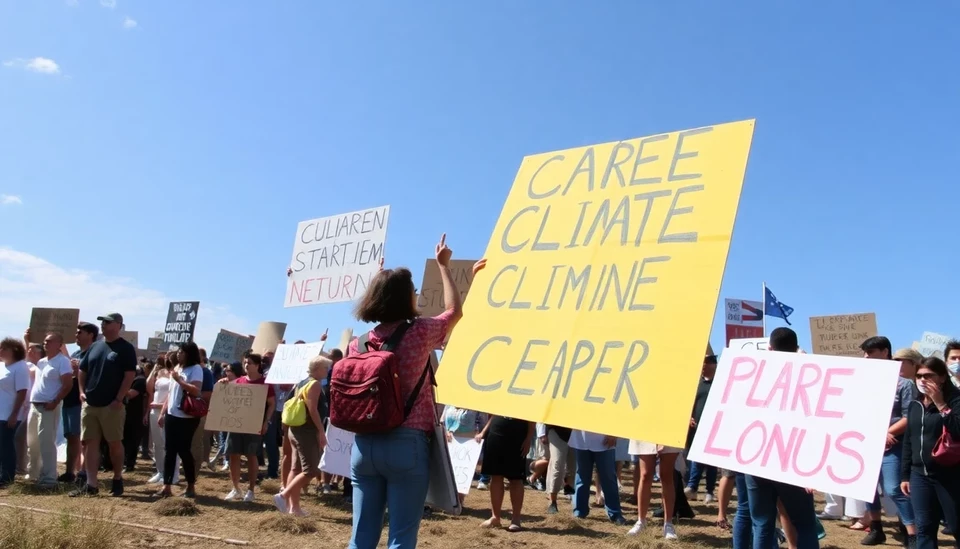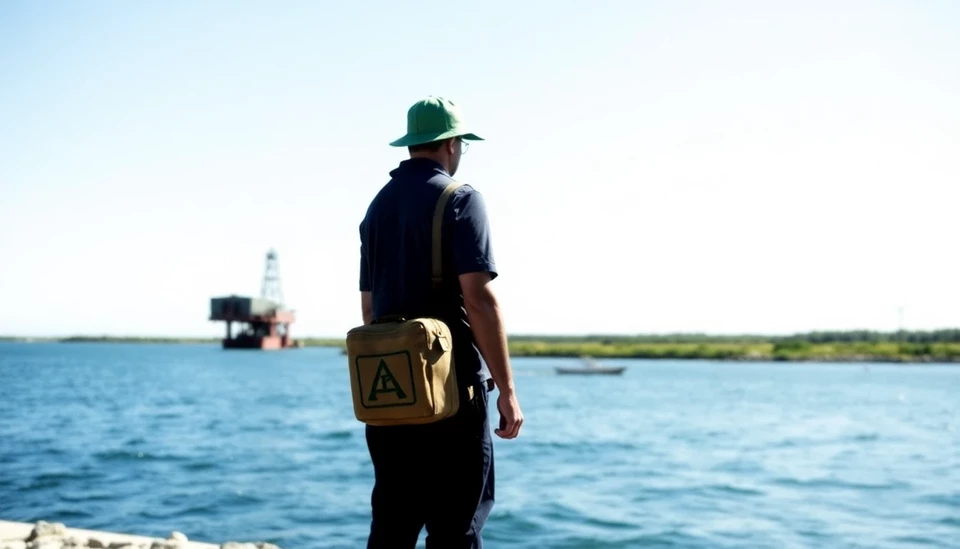
In a rapidly evolving global context, climate activists find themselves in increasingly precarious situations, especially in the wake of governmental crackdowns and a rise in right-wing populism. This complicated environment poses significant risks, not only to the effectiveness of climate advocacy but also to the personal safety of those actively involved.
The global fight against climate change has entered a new phase, characterized by a series of confrontations between activists and governmental authorities. As many countries struggle with the fiscal constraints imposed by the pandemic, climate funding is often among the first casualties. Political leaders are frequently prioritizing economic recovery over environmental initiatives, leading to disillusionment among climate advocates who feel their voices are being marginalized.
Many activists have adopted escalating forms of protest, which include hunger strikes, sit-ins, and disruptive demonstrations aimed at raising awareness about the climate crisis. However, these actions have also drawn criticism, as governments respond with stringent measures. Reports indicate that some countries are criminalizing specific forms of protest and enacting laws that protect fossil fuel industries, making activism more dangerous than ever.
Additionally, the political landscape in various nations is shifting towards populist rhetoric that often dismisses climate science. Such sentiments undermine the validity of climate activism and facilitate an environment where advocates are treated with hostility. The rise of far-right leaders in parts of Europe and North America has further complicated efforts to address climate issues, marking a regression in the progress that activists have worked tirelessly to achieve.
International summits and negotiations, such as the recent climate conferences, have also showcased the tension between activists and governmental representatives. While these gatherings offer platforms for discourse on climate issues, they can also be sites of contention, where the voices of grassroots activists are overshadowed by political agendas and corporate interests. Disillusionment with mainstream climate advocacy is evident as more radical factions emerge, proposing more extreme measures to combat climate degradation.
Despite the challenges, many activists remain undeterred. They are continually innovating their strategies, forming coalitions, and utilizing social media to amplify their messages. Amid the chaos, digital platforms serve as critical lifelines, allowing activists to organize efforts and maintain momentum even when on-the-ground rallies become problematic.
Grassroots organizations are increasingly turning to global networks for support, finding solace in solidarity movements across borders. By establishing international alliances, activists hope to fortify their positions against governmental pressure and to advocate for essential climate actions on a broader scale.
The future of climate activism is fraught with uncertainty. While the obstacles are formidable, the drive for a sustainable planet remains a potent motivator for many. As activists navigate this complex landscape, their courage and commitment to the climate cause will be pivotal in shaping the trajectory of the environmental movement moving forward.
In conclusion, climate activists face a tumultuous path ahead, marked by heightened risks and shifting political climates. Their resilience in the face of adversity will be critical in maintaining the momentum necessary for meaningful change.
#ClimateActivism #ClimateChange #GovernmentCrackdown #GrassrootsMovement #EnvironmentalJustice #RightWingPopulism #FossilFuels #Sustainability
Author: Megan Clarke



